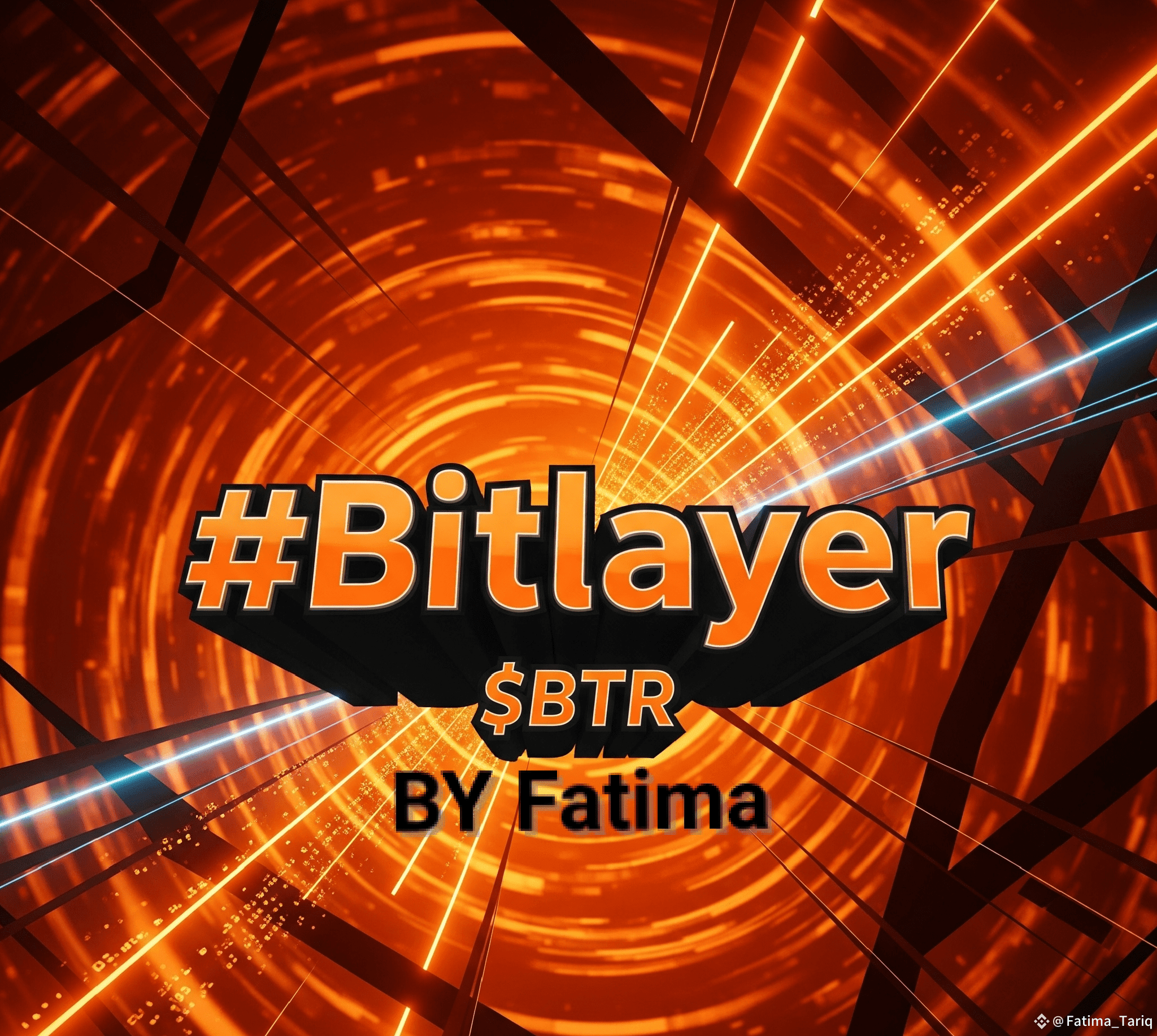 A blockchain is more than just code; it is a complex ecosystem of human and technical interactions, with well-defined roles and carefully aligned incentives. Bitlayer’s success and security are not just a matter of cryptographic algorithms and clever protocol design; they are a direct result of the active participation and economic rationality of its network participants. The system is maintained by a set of roles—Validators, Full Nodes, and Watchers—each with a crucial part to play in ensuring the network’s safety, liveness, and integrity. Understanding these roles is key to appreciating the resilience of the Bitlayer network.
A blockchain is more than just code; it is a complex ecosystem of human and technical interactions, with well-defined roles and carefully aligned incentives. Bitlayer’s success and security are not just a matter of cryptographic algorithms and clever protocol design; they are a direct result of the active participation and economic rationality of its network participants. The system is maintained by a set of roles—Validators, Full Nodes, and Watchers—each with a crucial part to play in ensuring the network’s safety, liveness, and integrity. Understanding these roles is key to appreciating the resilience of the Bitlayer network.
At the heart of the network’s high-throughput PoS consensus are the Validators. These are the backbone of the system, responsible for producing and validating L2 blocks. Their commitment to the network's health is secured by a BTR token stake. The more a validator stakes, the greater their influence in the consensus process, a mechanism that can be enhanced by tokens delegated by other BTR holders. This economic stake serves as a powerful deterrent against malicious behavior; a validator who acts dishonestly or fails to perform their duties can face the forfeiture of their staked tokens, directly aligning their financial interests with the security and reliability of the network.
Within the validator set, a highly specialized, rotating role is that of the Rollup Operator. This is a high-stakes position with immense responsibility. The operator is tasked with bundling L2 state transitions, generating the necessary cryptographic proofs, and submitting them for settlement on the Bitcoin L1. This large financial commitment acts as a critical bond, ensuring the operator has a very high incentive to act honestly. The operator role rotates periodically to prevent any single entity from gaining a long-term position of power, thus mitigating the risks of censorship and centralization.
While validators and operators actively maintain the network, Full Nodes play a crucial, passive, and often under-appreciated role in its security. A full node is a participant who maintains a complete copy of the Bitlayer Network blockchain, independently verifying every transaction and state transition. They do not trust the validators; they verify for themselves. Their presence is vital for network transparency and for enforcing the protocol rules without reliance on any single entity. By running a full node, any community member can act as a crucial check on the power of the validators and ensure the integrity of the L2 state.
Perhaps the most compelling role in the Bitlayer ecosystem is that of the Watcher. Unlike the other roles, a watcher can be anyone—including a full node, another validator, or any community member—who monitors the network for fraudulent claims. The security of the optimistic rollup rests on the assumption that at least one honest watcher exists. This single-honest-party assumption is a powerful guarantee of soundness. The watcher is economically incentivized to do their job: if they successfully challenge a fraudulent claim, they are awarded a portion of the dishonest operator’s forfeited collateral. This bounty system transforms a passive community role into an active, economically rational security mechanism.
In conclusion, the Bitlayer network is a finely tuned machine, with each participant playing a unique and essential role. The Validators and Rollup Operator drive the network’s performance, while the Full Nodes and Watchers serve as its guardians. This diverse set of roles, with their carefully designed economic incentives, creates a robust, self-regulating system where security is not a matter of trusting a single entity, but an emergent property of a decentralized community working in concert. It is a powerful example of how a well-structured blockchain can leverage human rationality to achieve unprecedented levels of security and resilience.

